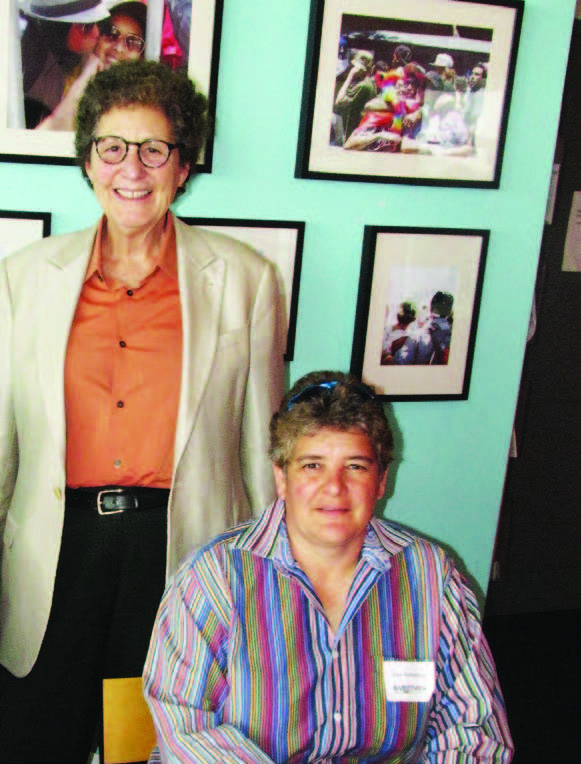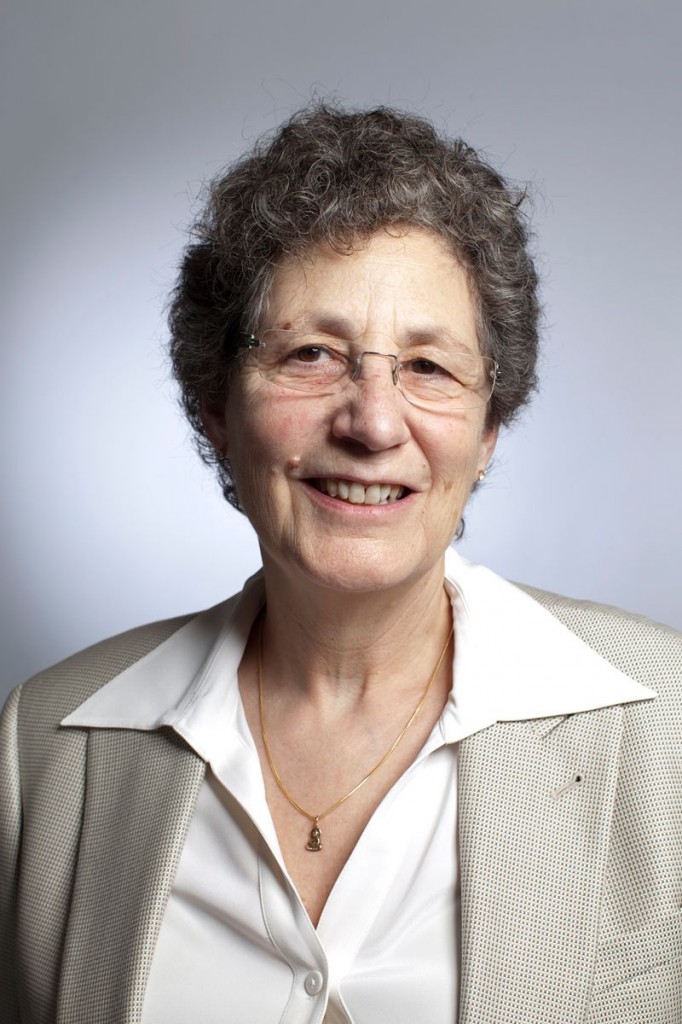We have much to celebrate, given all of the recent marriage equality gains both here and around the world. At last our beautiful loving relationships are being acknowledged and respected! I am bursting with joy and gratitude. Gratitude for the courage of our elders who pioneered a path for us and on whose shoulders we stand. Grateful for the advocates, allies and supporters who tirelessly worked on our behalf. And proud, joyously proud, of continuing to win the fight to live authentic lives and to love whom we choose.
But after the celebrating is over, there will be much talk in the days and months ahead about the work left to be done. Let us take the momentum from these victories and renew our commitment to making change happen. We will need to continue to protect, as well as to expand, the rights we have won. But many pernicious and troubling challenges remain and need to be tackled. LGBT seniors experience unacceptably high rates of suicide. LGBT older adults and seniors, especially LGBT seniors of color and transgender seniors, experience higher rates of physical and mental distress, chronic illness, isolation and lack of access to supportive aging and health services than heterosexual seniors. Health disparities in the LGBT senior community need to be vigorously challenged and reduced.

Dr. Marcy Adelman, co-founder of Openhouse and SF Bay Times columnist, joins Alex Rutherford in welcoming guests to the Pride Party & Exhibit Reception at the SF LGBT Community Center. Photo by Rink
The LGBT community has a small, dynamic, infrastructure of national and local aging/senior advocacy organizations and agencies and a relatively new, but growing, infrastructure of health and wellness services and LGBT cultural competency training programs. If the Older American Act (which targets billions of dollars in funding to programs and services for vulnerable elders challenged by economic insecurity, health disparities and social isolation) were to be revised to appropriately include LGBT seniors, HIV-positive adults and people living with Alzheimer’s/dementia, the staggering disparities in LGBT health and well-being could be significantly reduced. Our national advocacy organizations need to prioritize LGBT inclusion in the OAA.
In the meantime, we must continue to grow and expand the LGBT aging health and wellness infrastructure to ensure that LGBT seniors can remain in their homes as they age and to continue to thrive, grow and contribute to their communities. You can do this by supporting/donating/volunteering at anyone of a number of LGBT senior advocacy or senior serving organizations in your community.
One of the LGBT community’s most vulnerable populations consists of LGBT seniors living with Alzheimer’s or some form of dementia. LGBT seniors are more likely than their heterosexual peers to live alone, without a partner, without children and estranged from their biological families. People with dementia who live alone and who have limited informal support networks are more at risk for neglect and early institutionalization. Nationally, LGBT older adults and seniors living with Alzheimer’s/dementia remain largely invisible to policy makers and care providers. Few LGBT serving organization are dementia knowledgeable, and tragically, the majority of health and dementia service providers are not sensitive to and/or knowledgeable about the unique needs and strengths of LGBT seniors.
At the next White House Conference on Aging, the issue of LGBT senior Alzheimer’s/dementia care needs to be addressed. Of the country’s five leading causes of death, Alzheimer’s is the only one for which there is no cure. The world is facing a health care crisis of epidemic proportions. Age is the single most important predictor of dementia: As we are living longer, more of us will be at risk for Alzheimer’s disease. There are 5.3 million Americans living with dementia and that is expected to increase to over 7 million by 2030. In San Francisco alone, there are over three thousand LGBT people living with Alzheimer’s or some form of dementia, most of whom live alone and experience barriers to care.
San Francisco, the city with one of the world’s largest populations of LGBT people, has responded to this crisis in care by recently targeting funding in the upcoming city budget for an education and awareness campaign, the Dementia Care Project (DCP). The DCP is based on the recommendation of the San Francisco LGBT Aging Policy Task Force to improve care and access to care for LGBT people living with dementia. Going forward, there is now hope and opportunity to help thousands of LGBT people living with Alzheimer’s/dementia to live as well as possible and as long as possible in their homes and communities. This is just one important step. National advocacy groups need to prioritize LGBT senior Alzheimer’s/dementia care.
So let us celebrate today, tomorrow and the next day all of our victories and champions. Then, let’s roll up our sleeves to create an even healthier, brighter and more secure future. Together we can do just about anything.
Dr. Marcy Adelman, a clinical psychologist in private practice, is co-founder of the non-profit organization Openhouse and was a leading member of the San Francisco LGBT Aging Policy Task Force.
LGBT Resources
for Seniors
Alzheimer’s Association Programs and Services:
 Dr. Marcy
Dr. Marcy
Adelman oversees the Aging
in Community column. For
her summary
of current LGBT senior challenges and opportunities, please go to: sfbaytimes.com/challenges-and-opportunties
Recent Comments